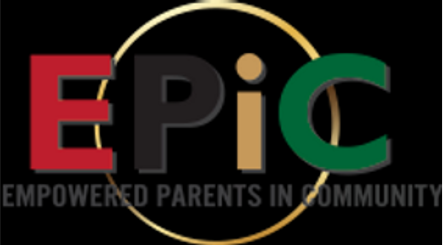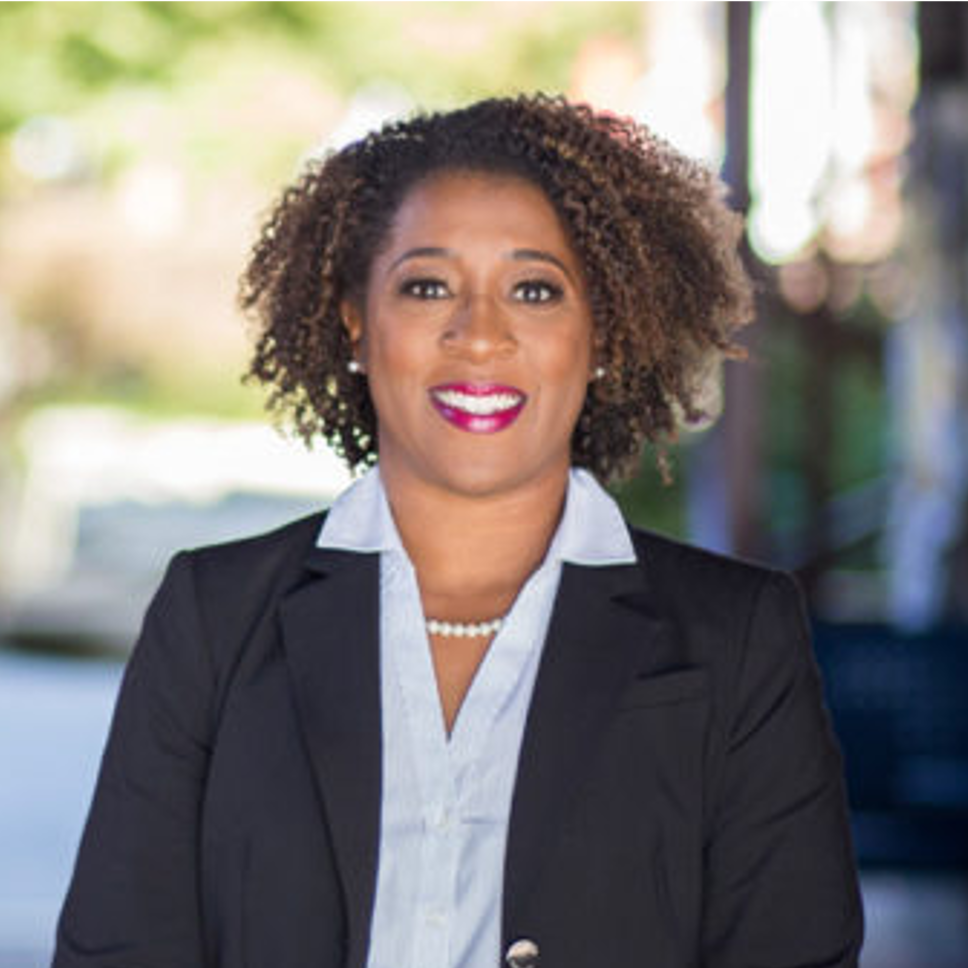
FROM COMMUNITY VOICE TO ANTI-RACIST LOCAL POLICY
DURHAM’S RACIAL EQUITY TASKFORCE
Members of the City of Durham’s appointed Racial Equity Task Force have begun a collaborative effort to ensure the recommendations made to the city after 18 months of gathering data, engaging the community and being intentional about our task to illuminate the needs and ways in which to begin realizing an equitable Durham. As we worried about prioritization, funding and continued authentic community engagement of these recommendations as they spanned across city, county and board of education governing bodies, this opportunity has brought us together to visualize a 2030 racially equitable city. Below are excerpts from the grant application that we have begun that can be used if it is determined that we may be able to collaborate with another entity:
Project Title
Power-Shifting to Those Most Deeply Impacted by Inequities
Project Description
We aim to create an infrastructure for how to enact dialogue from the community and their lived experiences to those who are making policy, and support projects led by those who have been historically marginalized.
Executive Summary
In a city born during Reconstruction and reared under Jim Crow, shocking inequities between white people and people of color are still evident in 21st-century Durham. If we reject the notion that these disparities are normal, due to differences in capability or culture, it is imperative that we take significant strides to undo the negative legacies that haunt our local and national history.
Disparities and inequities in the midst of COVID-19 are being accentuated and it is unnerving. The problem with a city that passes resolutions for equity and resilience, but remains immovable at realizing their aspirations result from a “top down” effort. Our collaborative will provide an infrastructure for how to enact dialogue from the community members and their lived experiences to those who are making policy. To move forward, we want to deepen what has so often been missing in the development of anti-racist policy: meaningful and ongoing community participation and leadership from the beginning. We want to develop forms and processes that honor and support community knowledge and perspectives.
As our report highlighted 6 interconnected issues, (wealth & economy, health & environmental justice, education, housing, public history, and criminal justice) our work will focus on the intersectionality of these social determinants on impacted communities. Our anticipated results are that community voice is heard and the evidence of the value is in the direct impact of policy and practice that decreases the opportunity gap. We also anticipate resources being directed by community members to improve their community that a renewed sense of self-efficacy and empowerment will abound. We will center the intersectionality of economic development, housing and education policy and practices for perpetuity in the effects of these community efforts.
SCALING:
THIS EFFORT SERVES AS A MODEL FOR OTHER CITIES NATIONALLY AND GLOBALLY CAN FOLLOW ON HOW TO CREATE A PROCESS FOR COLLECTING VOICES IN COMMUNITY AND TURNING TO ANTI-RACIST POLICY

Jovonia Lewis
Executive Director, EPIC